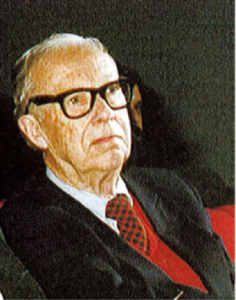
Dr. Karl Folkers was a biochemist who was instrumental in isolating vitamin B12 and in determining the structure of Coenzyme Q10. He was an important force behind the early clinical research into the effect of Coenzyme Q10 supplementation on heart failure patients. We collaborated on several clinical trials.
It appears that the marketing claims for ubiquinol are not founded on sufficient evidence from scientific studies
Looking back over my career, I can see that I have stood on the shoulders of giants. Here is a quick salute to the mentors who sparked my interest in the cardiovascular system, in biophysics and bio-engineering, in the electrical impedance technology, and in Coenzyme Q10 clinical research.
- Dr. Loren D. Carlson, University of Kentucky, Lexington Medical School.
- Dr. George Armstrong, NASA.
- Dr. Lee Baker, Baylor University Medical School.
- Dr. Michael Wilson, University of West Virginia Medical School.
- Dr. Ishio Ninomiya, West Virginia Medical Center.
- Dr. Karl A. Folkers, University of Texas Institute for Biomedical Research. Dr. Folkers was very instrumental in my getting started in clinical research on Coenzyme Q10 as an adjuvant therapy for heart failure. Dr. Folkers was also the person who encouraged me to establish the SIBR Research Institute.
Dr. Ishio Ninomiya on Doing Good Science
Dr. Ishio Ninomiya is the mentor who taught me to be skeptical about what I heard, read, and accepted. He insisted that I trust only the science that I could reproduce myself or that I could find being reproduced in the literature several times.
I learned to ask myself, repeatedly, is there sufficient evidence to believe this claim or that claim? I learned early on how to spot “bad science.”
That brings me to my topic today: the lack of sufficient scientific evidence for many of the marketing claims for the product ubiquinol that I see various places on the Web.
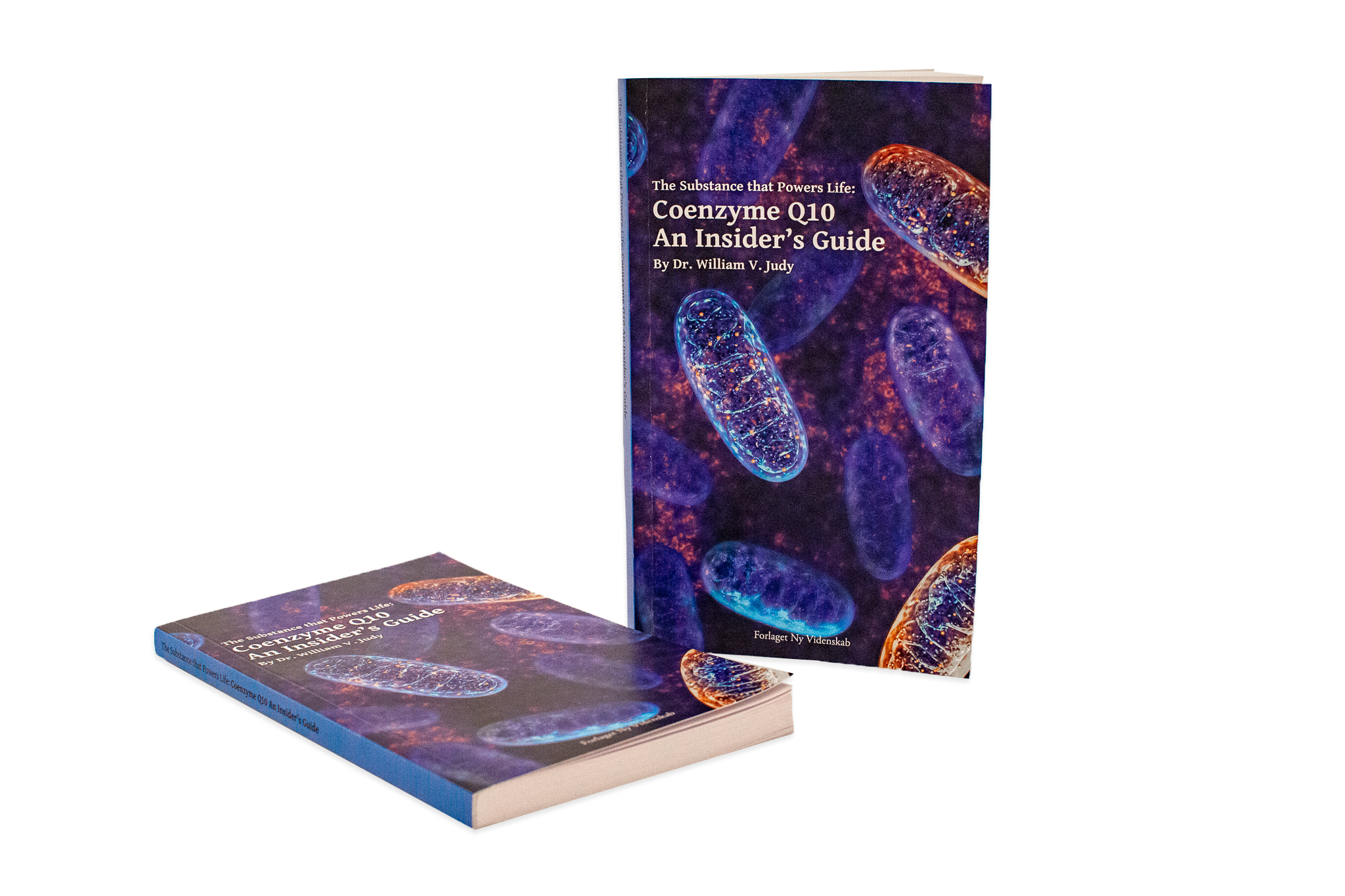
On pages 50-70 of my book The Insider’s Guide to Coenzyme Q10, I lay out the evidence re ubiquinol supplements. The book is available from amazon.com. ISBN: 978-87-7776-186-7.
Insufficient Evidence for Ubiquinol Marketing Claims
Claim: Ubiquinol is synthesized in our bodies. We can find no evidence for this claim. Ubiquinone is synthesized in the body. Ubiquinol is evidently formed from the reduction of ubiquinone in the body.
Claim: Ubiquinol is the active form of CoQ10. We have found no evidence for this claim. Both ubiquinone and ubiquinol are active forms, each in its own way.
There is good evidence that you can get plenty of ubiquinol in your blood by taking a good ubiquinone Coenzyme Q10 supplement [Mohr 1992; Zhang 2018].
Claim: Ubiquinol is essential for energy synthesis. Ubiquinol is a by-product of the energy synthesis process. Ubiquinone is essential for bio-energetics.
Claim: Ubiquinol is better absorbed than ubiquinone. Several leading companies have now reduced their greater absorption claims from 800% to 300%. We have never been able to reproduce the 300% better absorption result in our SIBR Research studies.
One company’s website acknowledges that the 300% greater absorption claim for their ubiquinol product is based on a comparison with “unsolubilized ubiquinone in oil suspensions in softgels and/or powder-filled capsules/tablets.”
That is not a fair comparison. Today, the better ubiquinone Coenzyme Q10 supplements provide the active substance dissolved in oils.
Claim: Ubiquinol is the stable form of CoQ10. Our data does not show that ubiquinol is stable in the air, in water, or in the acid profile between the stomach and small intestine. Ubiquinol like all antioxidants is an electron donor and thus inherently unstable.
Claim: Ubiquinol is water and lipid soluble. Our data shows that ubiquinol does not rapidly dissolve to single molecules in water or in the gastric juices at body temperature. It does not rapidly disperse in water of gastric juice as shown in advertisements by some marketing groups.
Claim: Ubiquinol has a greater concentration in the mitochondria than does ubiquinone. We have found no evidence of this claim in the literature.
Claim: Ubiquinol being water soluble can be absorbed directly into the blood. We have found no evidence for this claim.
Ubiquinol is large molecule and a lipid-soluble molecule. If it were water soluble and could be absorbed into the blood, it would appear in the blood in about one and a half hours after ingestion. But it doesn’t.
Claim: Ubiquinol diffuses from the blood into the cell faster than ubiquinone. We have found no evidence for this claim.
It is the diffusion gradient and lipid carrier molecules that control CoQ10 diffusion into the cell.
Claim: Ubiquinol is preferred by doctors. We have found no solid evidence for this claim.
It seems to be based on surveys done with biased sampling methods.
Ubiquinone Coenzyme Q10 Much Better Documented
It appears that the marketing claims for ubiquinol are not founded on sufficient evidence from scientific studies.
The ubiquinone Coenzyme Q10 product, on the other hand, has been extensively used and tested for safety, absorption and bio-availability, and efficacy in the adjuvant treatment of heart failure and chronic fatigue syndrome [Alehagen 2013; Judy 1986, 1991, 1993, 1998; Mortensen 2014, 2019].
Variations in Formulations of Coenzyme Q10
Coenzyme Q10, whether in the ubiquinone form or in the ubiquinol form, is difficult to work with and difficult to manufacture in a supplement that will give good absorption and good bioavailability.
In a 2019 bioavailability study, researchers showed that the formulation of the CoQ10 supplement – choice of carrier oils and heating/cooling process – is more important to good absorption and bioavailability than the form of the Coenzyme Q10 is – whether ubiquinone or ubiquinol [Lopez-Lluch 2019].
In the study, the best formulated ubiquinone Coenzyme Q10 supplement gave a significantly better bioavailability over a 48-hour period than did a patented ubiquinol supplement [Lopez-Lluch 2019].
References
Alehagen U, Johansson P, Björnstedt M, Rosén A, Dahlström U. Cardiovascular mortality and N-terminal-proBNP reduced after combined selenium and coenzyme Q10 supplementation: a 5-year prospective randomized double-blind placebo-controlled trial among elderly Swedish citizens. Int J Cardiol. 2013 Sep 1;167(5):1860-6.
Judy W, Hall J, Toth P. Double blind-double crossover study of coenzyme Q10 in heart failure. Biomed Clin Aspects Coenzyme Q. 1986;5:315–23.
Judy W, Hall J, Toth P. Improved long-term survival in coenzyme Q10 treated chronic heart failure patients compared to conventionally treated patients. In: Folkers K, Littarru G, Yamagami T, eds. Biomedical and clinical aspects of coenzyme Q. Amsterdam: Elsevier, 1991:291–8.
Judy WV, Folkers K. Management of chronic fatigue syndrome patients with CoQ10. 8th Intl. Symp. Biomed. and Clin. Aspects of CoQ. 1993;55.
Judy WV, Stogsdill WW, Folkers K. Dose related effectiveness of coenzyme Q10 in the treatment of chronic fatigue.
Boston: 1st Conf. of the Intl. Coenzyme Q10 Assn. 1998;86.
López-Lluch G, Del Pozo-Cruz J, Sánchez-Cuesta A, Cortés-Rodríguez AB, Navas P. Bioavailability of coenzyme Q10 supplements depends on carrier lipids and solubilization. Nutrition. 2019 Jan;57:133-140.
Mohr D, Bowry VW, Stocker R. Dietary supplementation with coenzyme Q10 results in increased levels of ubiquinol-10 within circulating lipoproteins and increased resistance of human low-density lipoprotein to the initiation of lipid peroxidation. Biochim Biophys Acta. 1992 Jun 26;1126(3):247-54.
Mortensen SA, Rosenfeldt F, Kumar A, Dolliner P, Filipiak KJ, Pella D, Alehagen U, Steurer G, Littarru GP; Q-SYMBIO Study Investigators. The effect of coenzyme Q10 on morbidity and mortality in chronic heart failure: results from Q-SYMBIO: a randomized double-blind trial. JACC Heart Fail. 2014 Dec;2(6):641-9.
Mortensen AL, Rosenfeldt F, Filipiak KJ. Effect of coenzyme Q10 in Europeans with chronic heart failure: A sub-group analysis of the Q-SYMBIO randomized double-blind trial. Cardiol J. 2019;26(2):147-156.
Zhang Y, Liu J, Chen XQ, Oliver Chen CY. Ubiquinol is superior to ubiquinone to enhance Coenzyme Q10 status in older men. Food Funct. 2018 Nov 14;9(11):5653-5659.
Despite its title, this article presents data that shows that ubiquinone supplementation results in significant increases in blood ubiquinol levels.
The information presented in this review article is not intended as medical advice and should not be used as such.
15 February 2021



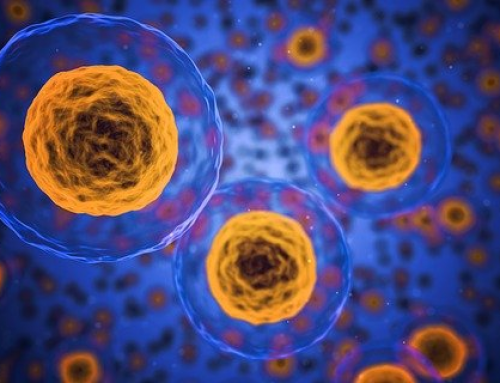
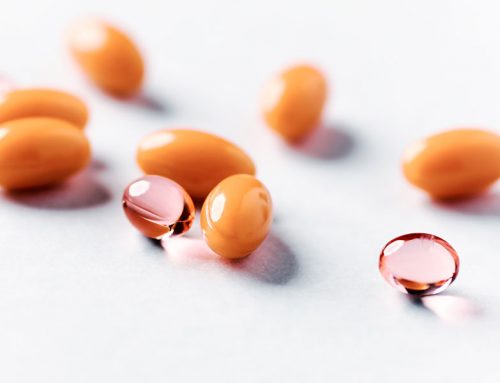

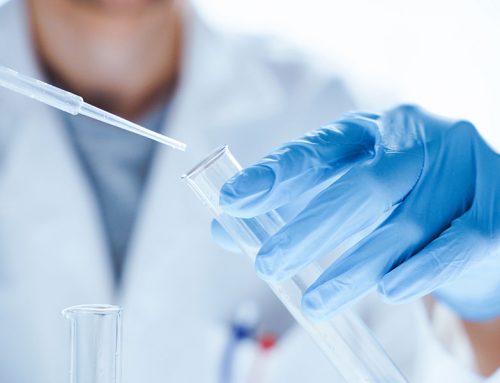
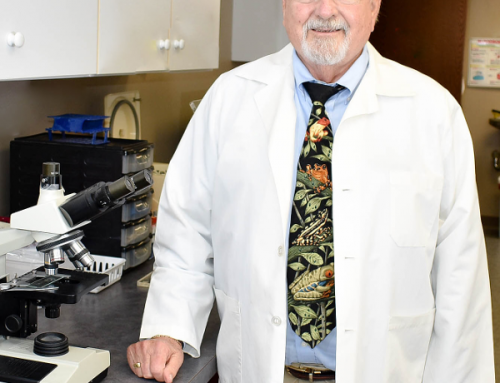
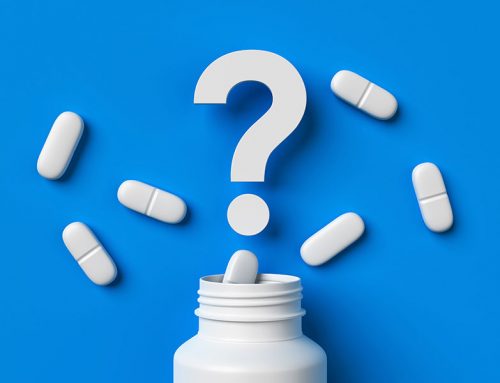
Leave A Comment